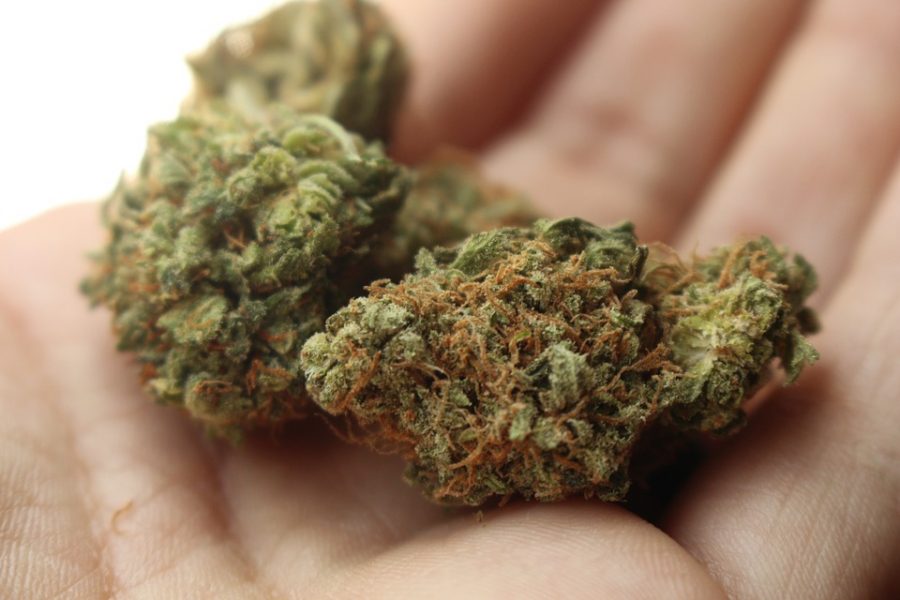According to the Pew Research Center, over six in 10 Americans currently support the legalization of marijuana, including 75% of millennials. Despite this budding support, colleges located in states that have legalized marijuana continue to have prohibitive policies on campus.
In Pennsylvania, medical marijuana has been legal since 2016. A recent poll from Franklin & Marshall College suggests that a majority of Pennsylvania citizens support fully legalizing marijuana for recreational use. As of now, it is unclear how Lafayette would respond to a legalization of marijuana in Pennsylvania.
Dean of Student Conduct Jennifer Dize said this prospect is still too far off to be “anything the college could react to,” but said that any changes to the drug policy of the college would likely go through the Alcohol and Other Drugs Committee and Faculty Committee on Student Conduct, both of which review the policy annually.
Lieutenant Government John Fetterman, a proponent of legalization, has been traveling across Pennsylvania in recent months to gather feedback about legalization. A recent Morning Call article described Fetterman’s meeting on April 6 with over 100 people at Muhlenberg College. When he asked for a show of hands from those opposed to the legalization of marijuana, no one responded.
In states where marijuana has been legalized, schools have overwhelmingly maintained a policy of prohibition. In Colorado, despite having legalized weed in 2012, possession and consumption of marijuana is still forbidden on college campuses.
In California, a similar story is unfolding. All of the schools in the University of California system have upheld a prohibition on marijuana even after legalization in 2016. In fact, any school that receives federal funding must have policies in line with federal law, not state law. EdSource reports that two federal laws, the Drug-Free Schools and Communities Act Amendments of 1989 and the Drug-Free Workplace Act of 1988, are the primary reasons why schools have continued to have prohibitive policies.
Currently at Lafayette, students caught in possession of marijuana can receive a citation, which includes a fine often amounting to $2,000, in addition to any court fees involved. As of now, it is unclear how legalization in Pennsylvania would affect the school’s policy.
“It’s illegal, it’s a controlled substance, and depending on what we find…we respond accordingly,” said Public Safety Director Jeff Troxell. “If there’s drug paraphernalia or what appears to be marijuana in plain sight, then we’ll collect that, and respond accordingly…with a citation.”
Troxell noted that Public Safety can even make an arrest, in which case the perpetrator may have to go to court and face a jury. He added that the college’s Good Samaritan policy also applies to marijuana consumption, not just to alcohol consumption.
If any changes were made to the law, Troxell said that the school would have to decide on whether or not to change its policy, and that he would enforce whatever was decided on.
“I just go by whatever the law is at the time,” he said. “I don’t really have a preference one way or the other, I just want to do what’s fair and just for everybody involved.”
“A big part of our job is law enforcement, so we want to understand the law completely, what the student handbook says,” he added. “We try to be fair and firm and give everybody a fair shake on what we find. It’s all designed to be safe for the community.”

























































































































